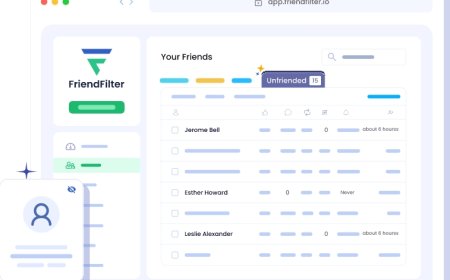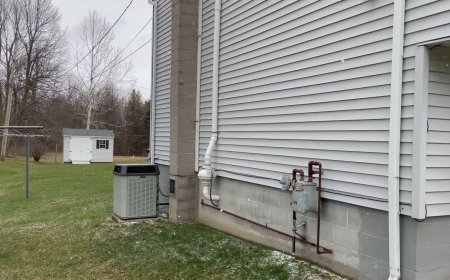How Can a Policyholder Dispute a Low Insurance Settlement?
Discover the steps policyholders can take to dispute a low insurance settlement, including reviewing the offer, gathering evidence, and negotiating effectively.

Claim settlements are meant to provide financial relief during difficult times. Whether the situation involves property damage, an auto accident, or a medical issue, insurance is supposed to protect what matters most. Yet, there are many cases where the payout offered feels far too low to cover real losses. Florida insurance lawyers often handle situations like this where the settlement does not reflect the true value of the claim.
Understanding your options and rights is key to taking the right steps toward a fair outcome.
Start by Understanding the Offer
Insurance companies rarely provide an explanation that breaks everything down in plain language. Thats why its important to review every detail of the offer with care. Look at the reasons provided for the amount. Compare the offer with your own estimates, bills, and records.
Policies contain language that may limit coverage or set caps for certain types of claims. Its important to know what youre entitled to under the agreement you signed. Make sure nothing has been misunderstood or excluded unfairly.
Collect Your Own Estimates and Proof
A low settlement can sometimes come from a poor assessment of the damage. Getting independent estimates is one of the best things you can do. Whether it's a contractor for home damage, a medical provider for injuries, or a body shop for a carthird-party professionals can give a clearer picture of actual costs.
Document everything:
-
Photos of the damage
-
Invoices or quotes
-
Medical reports or receipts
-
Communications with adjusters
This collection becomes your foundation for a strong counteroffer.
Write a Formal Response
Disputing a low settlement begins with a professional, written response. Keep your letter focused and organized. Be clear about why you believe the settlement is not sufficient. Support your claims with evidence and additional documentation.
Heres what to include:
-
Summary of the claim and what was originally offered
-
Why the offer is inadequate
-
What amount you believe is fair
-
Copies of your estimates and evidence
A calm and confident tone matters. Avoid anger or threats. You're presenting a case, not an argument.
Speak With the Adjuster or a Supervisor
Sometimes the person handling your file simply didnt have the full picture. Calling the adjuster can help clear up miscommunications. Prepare in advance with your facts. Be ready to ask specific questions, such as:
-
What part of the claim caused the payout to be reduced?
-
Was something excluded or undervalued?
-
Are there missing documents that would help?
If the response is unhelpful or dismissive, request to escalate the matter to a supervisor or senior claims handler. Dont let a single low offer close your case.
File a Complaint With Your States Insurance Department
Insurance companies are regulated and must follow rules set by the state. If your efforts to resolve the issue go nowhere, filing a complaint with your states department of insurance can prompt a second look. Include all documentation and communications when submitting your complaint.
This wont guarantee a new offer, but it shows that youre serious and willing to pursue every legal route available to protect your rights as a policyholder.
Seek Legal Support When Needed
There are moments when negotiating on your own isnt enough. Insurance policies can be complex, and companies often have entire legal teams reviewing claims. If the offer continues to fall short or delays keep stacking up, professional legal guidance may be your next step.
Legal support becomes especially important when:
-
The claim involves significant loss
-
Your attempts to dispute are repeatedly ignored
-
The company engages in bad faith practices
The goal isnt just a higher payoutits to make sure your rights are respected throughout the process.
Conclusion
A low insurance settlement doesn't have to be the end of the story. As a policyholder, you have the right to ask questions, gather proof, and push for a fair resolution. The key is knowing what steps to take and acting quickly. With patience, preparation, and the right resources, many people succeed in receiving the compensation they actually deserve.




































